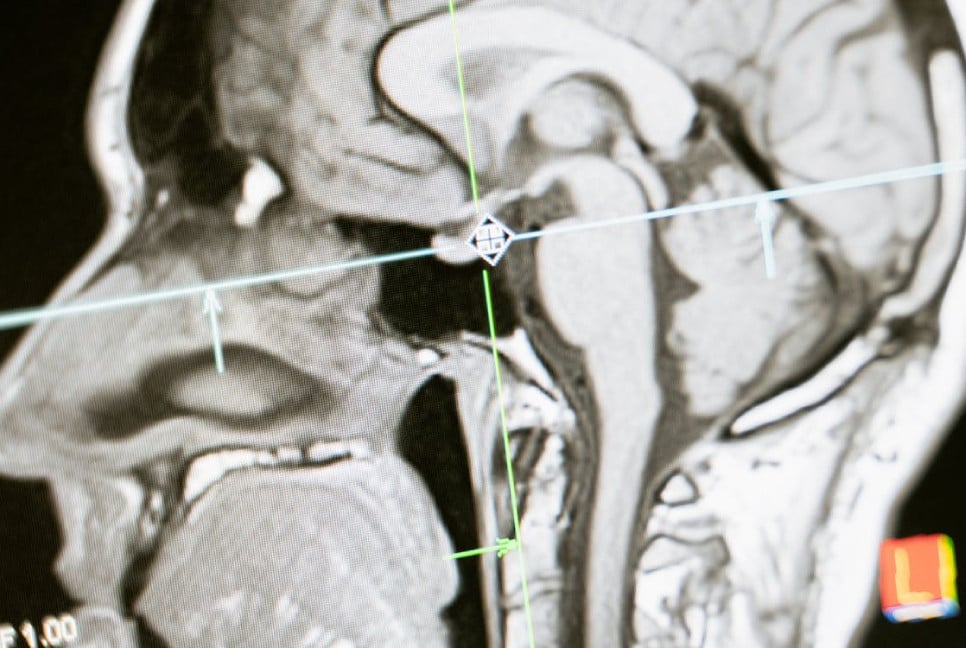Heart disease in women is on the rise and a leading cause of death, but early symptoms are often overlooked. Dr. Bhushan Bari, a consultant cardiologist at Ruby Hall Clinic, emphasized the importance of awareness and recognizing warning signs for timely intervention.
He also highlighted key symptoms to watch for.
Persistent fatigue:
Feeling unusually tired despite getting enough rest can signal an underlying heart problem. If everyday activities leave you feeling drained or exhausted without an obvious cause, it’s worth paying attention.
Breathlessness:
Experiencing shortness of breath after mild exertion or even while at rest can indicate a heart issue. Women often mistake this for anxiety or respiratory conditions, delaying crucial medical attention.
Chest pressure or discomfort:
Though women can have typical chest pain, they are more likely to describe it as tightness, squeezing, or an uncomfortable sensation rather than sharp pain. This discomfort may be intermittent rather than continuous.
Pain in the neck, jaw, back, or shoulders:
Heart-related pain isn’t always felt in the chest. Women may experience discomfort in the neck, jaw, upper back, or shoulders, which can be mistaken for muscle strain or stress.
Nausea, indigestion, or stomach discomfort:
Many women misinterpret heart symptoms as digestive issues. Persistent nausea, vomiting, heartburn, or a heavy sensation in the stomach—especially if accompanied by other symptoms—should not be ignored.
Dizziness or lightheadedness:
Feeling faint, dizzy, or as if you’re about to pass out can indicate reduced blood flow to the brain, a potential sign of heart trouble.
Cold sweats:
Suddenly breaking into a cold sweat without physical exertion is another possible warning sign. Women may confuse this with hot flashes or anxiety-related sweating.
Swelling in the lower body:
Swelling in the legs, ankles, or feet may suggest that the heart isn’t pumping blood efficiently, leading to fluid retention that worsens over time.
Steps to protect your heart health:
- Eat a balanced diet with plenty of fruits, vegetables, and whole grains.
- Stay active with at least 150 minutes of moderate exercise per week.
- Manage stress through relaxation techniques, yoga, or mindfulness.
- Monitor key health indicators like blood pressure, cholesterol, and blood sugar levels through regular check-ups.
Source: Hindustan Times
Bd-pratidin English/ Afia





































































